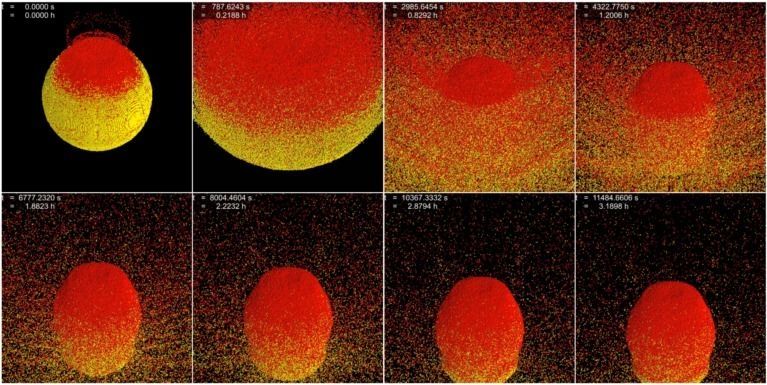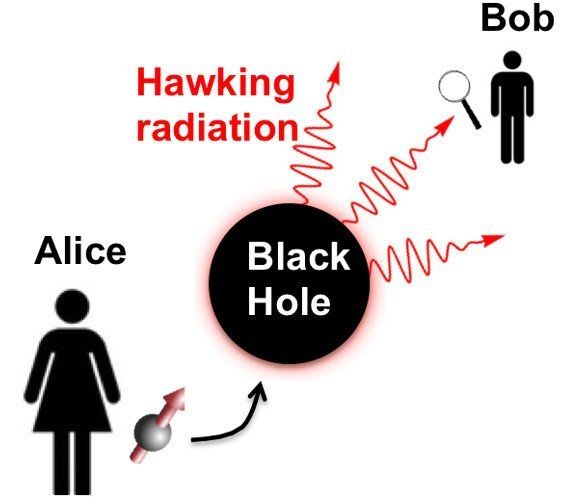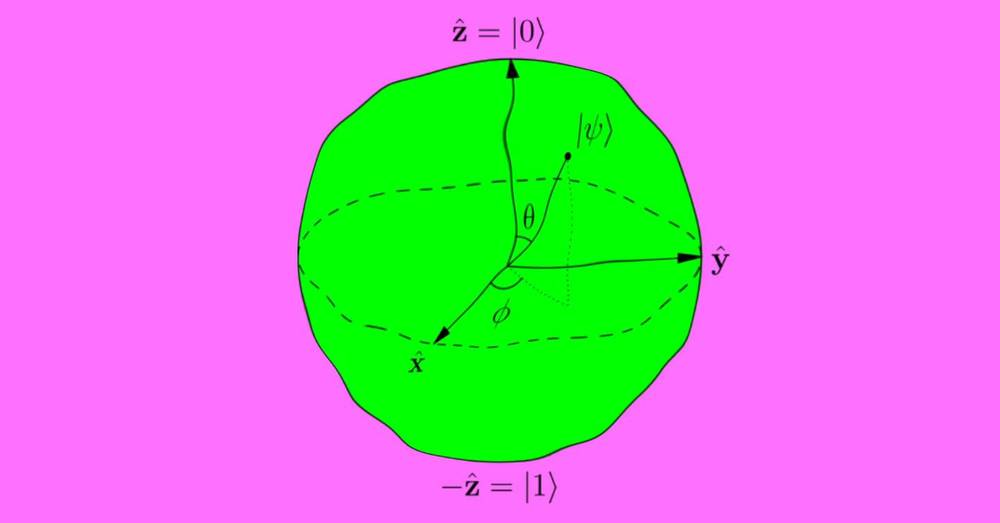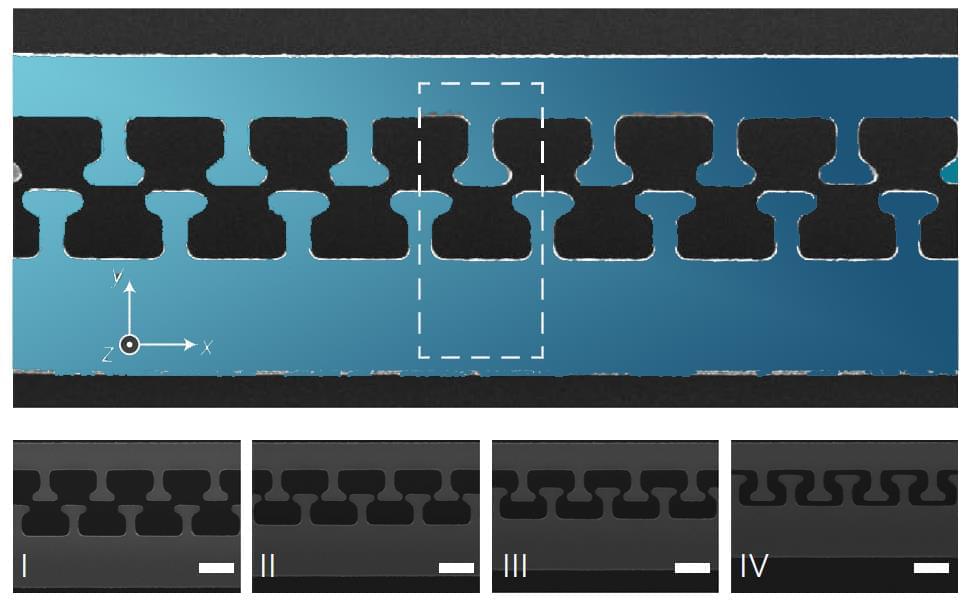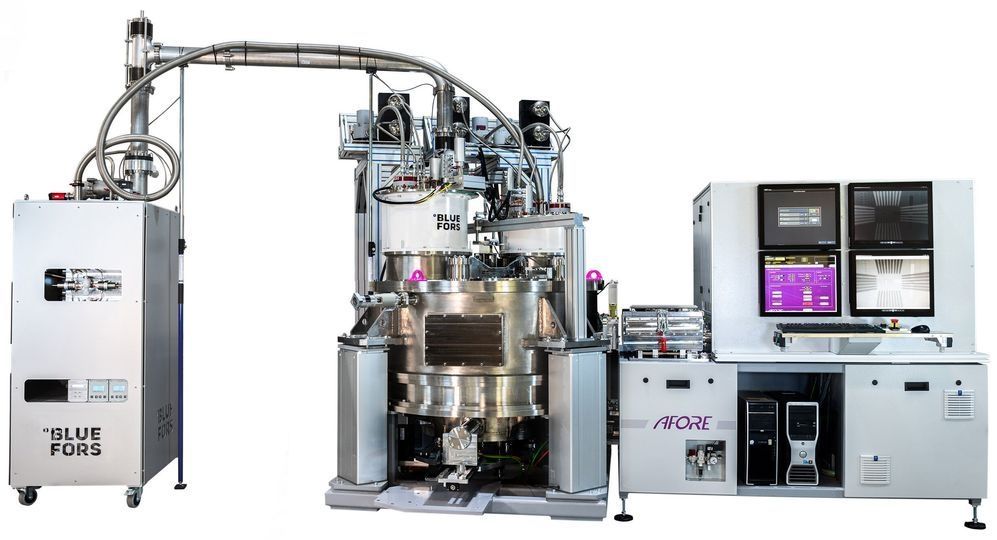A team of scientists in the US has brought us a huge step closer to a superconductor capable of working at room temperature.
If humankind were to find a way to construct a large-scale superconductor that could work at room temperature, the way our energy grids and computers are built – and many other areas of daily life – would be fundamentally changed.
The phenomenon is the lack of electrical resistance and is observed in many materials when they are cooled below temperatures of around −180 degrees Celsius, making them rather limited in their application. However, a team from George Washington University in the US has revealed something that could help us finally reach what is one of the most sought-after achievements in modern physics.

